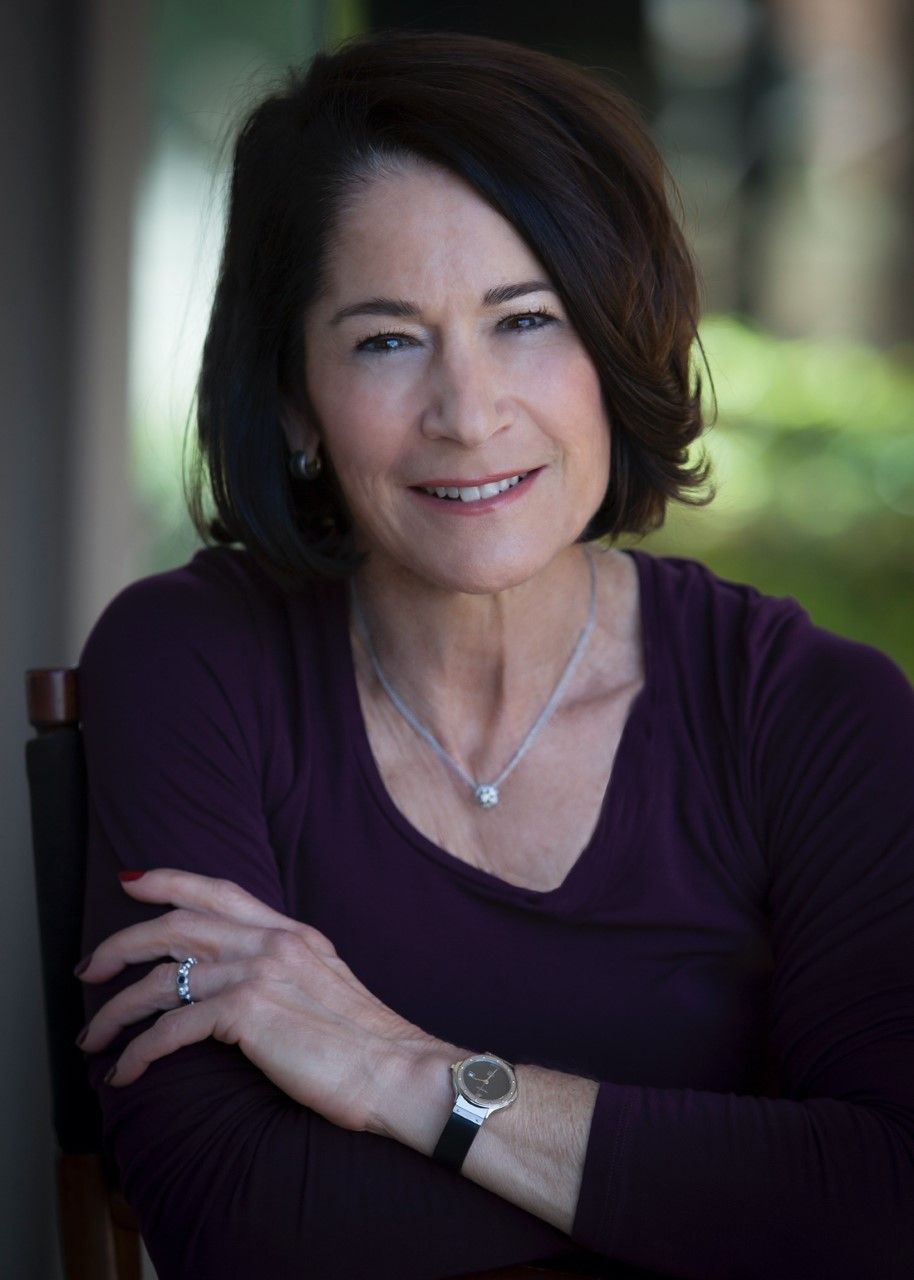Putting Disordered Eating at the Center of Public Health Discourse
Ellen Feldberg Gordon’s gift accelerates research on a little-understood affliction

Not only does Ellen Feldberg Gordon understand eating disorders from a personal point of view—she, her mother, and her daughter all struggled with disordered eating—she also has made treatment of the disease central to her work as a psychotherapist.
Gordon’s engagement goes beyond her professional work. Through a renewed investment in the Harvard Chan School’s Strategic Training Initiative for the Prevention of Eating Disorders (STRIPED), she is also helping accelerate research focused on the prevention and root causes of eating disorders.
Eating disorders “are not well understood, generally,” says Gordon. “The people who have their own experiences with these disorders—whether it’s themselves or members of their family—are the ones who are going to be the most receptive to supporting additional research. They understand how deadly and devastating these conditions can be.”
STRIPED applies an interdisciplinary approach to its research, bringing together public health experts, clinicians, economists, lawyers, and advocates to tackle body-image issues and eating disorders holistically. For example, the research incubator recently produced a report in collaboration with the Academy for Eating Disorders and the accounting firm Deloitte on the social and economic toll of eating disorders. STRIPED researchers have also studied the impact of the entertainment, beauty, and weight-loss industries and advocated for social media and advertising regulation.
Gordon made her first philanthropic gift to STRIPED in 2009, drawn by its focus on prevention. After seeing the impact of that support, she recently renewed and expanded her support to include an additional, generous gift to advance and accelerate the work. The new funding will allow STRIPED to sustain its innovative research efforts and put the group’s findings into practice through new instruction modules and training. Gordon hopes this new funding will also help put eating disorders and behaviors at the center of public health discourse.
“Ellen’s vision and faith in STRIPED from the beginning, and her continued generous support, have made it possible for us to build a public health incubator that is now the model, both domestically and globally, for what a uniquely public health approach to eating-disorders-prevention research and training should be,” says S. Bryn Austin, professor of social and behavioral sciences and STRIPED’s director. “We have been fortunate to garner much additional support from philanthropic, foundation, and government sources that are following Ellen’s lead to make our work possible. All that STRIPED is today can be traced back to Ellen’s original vision and generosity.”
It is both Gordon’s and Austin’s hope that STRIPED’s work will continue to advance knowledge and discussion of eating disorders in the public health realm and help prepare educators, parents, practitioners, and others to work on these issues with young women and men.
“I feel like I bear a responsibility to continue to support the program because of its importance in the field of eating disorders,” Gordon says. “I’m hopeful that my support inspires others to give and commit—that’s been the impetus for my ongoing contributions.”
Investing in the Intersection of Public Health and Business
John Quelch, DBA ’77, SM ’78, and Joyce Huntley Quelch create the Huntley Quelch Professorship in Health Care Management

When he set out to write his doctoral thesis at Harvard Business School, John Quelch, DBA ’77, SM ’78, unknowingly started on a path that would change public health.
Quelch’s thesis advisers suggested he pursue his inquiry into the role of nutrition in driving consumer choice in the breakfast cereal industry through classes at the Harvard School of Public Health. His experience at the School led to an SM in nutrition science—and to landmark publications on the use of commercial marketing principles to promote nutrition education. It was the beginning of a lifelong academic career in which Quelch sought to unite the worlds of business and public health. Years later—between 2013 and 2017—Quelch served as professor of health policy and management at the Harvard Chan School and as Charles Edward Wilson Professor of Business Administration at Harvard Business School—the first-ever joint primary appointment between the two schools.
Quelch and his wife, Joyce Huntley Quelch, are helping sustain the School’s leadership at the intersection of public health, health care, and business administration by endowing the Huntley Quelch Professorship in Health Care Management. The professorship will support future scholarship in this area through the recruitment of a senior faculty member.
“Having a global impact on public health is most readily addressed through investment in top scholars,” says Quelch. The family’s gift supports “the attraction and retention of world-class faculty, because we believe that they attract and retain world-class students.”
Over a career spanning more than 40 years, Quelch has served in professorial and senior leadership positions at institutions including the Harvard Chan School, Harvard Business School, Western University’s Ivey Business School, London Business School, and China Europe International Business School. In recent years, he has authored or co-authored four books that elucidate important intersections between business and public health: Consumers, Corporations, and Public Health; Building a Culture of Health: A New Imperative for Business; Choice Matters: How Healthcare Consumers Make Decisions; and Compassionate Management of Mental Health in the Modern Workplace. He currently holds appointments as vice provost for executive education and Leonard M. Miller University Professor at the University of Miami and dean of the Miami Herbert Business School.
Quelch’s time at the Harvard Chan School made a lasting impression. “I used to say I came to the School of Public Health as a stranger and they took me in,” he says. “Forty-plus years later, that early exposure to the world of public health led me to a number of other, hopefully important, contributions at the intersection of business and public health.”
Despite his physical distance from Boston, Quelch’s commitment to the Harvard Chan School is as strong as ever. Quelch began serving as a member of the School’s Board of Dean’s Advisors in August 2020. Meanwhile, his family’s endowment of the Huntley Quelch Professorship in Health Care Management will ensure that the Harvard Chan School continues to bring two key sectors together to improve population health.
“The need for support, and the potential for enormous impact on millions of people, was clear,” Quelch says of the gift. “Our hope is that whoever holds this professorship will develop and disseminate bold new ideas for improving the effectiveness and efficiency of our health care system.”







